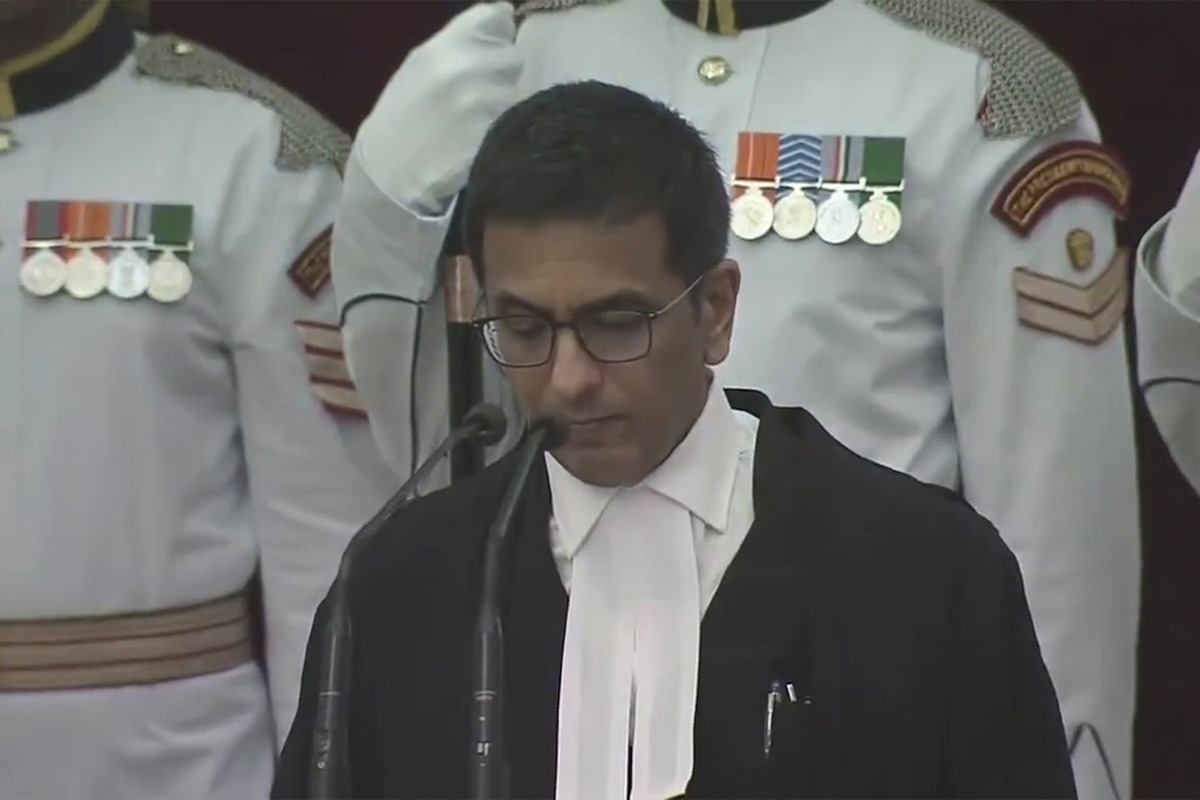Justice Dhananjaya Yashwant Chandrachud took oath as the 50th Chief Justice of India in New Delhi on Thursday, succeeding Justice UU Lalit.
He was named India’s top judge by his predecessor on October 11. Born in Mumbai in 1959, Justice Chandrachud will have a tenure of around 2 years – the longest in the recent past. His predecessor got a brief period of just 74 days.
Interestingly, Justice Chandrachud is the first in the history of the Supreme Court to occupy the post his father YV Chandrachud once held. His father has the distinction of being the longest-serving Chief Justice of India between 1978 and 1985. Chandrachud Senior had sentenced Sanjay Gandhi to jail over a ban on the film ‘Kissa Kursi Ka’ during the Emergency.
Considered a liberal judge, Justice Chandrachud overturned two rulings of his father related to adultery and the right to privacy during his stint at the top court.
During his excellent legal career, Justice Chandrachud has been part of many landmark judgements like the Ayodhya land dispute, adultery, entry of women into Sabarimala temple, decriminalisation of homosexuality, and mandatorily playing national in cinema halls.
In his famous verdict, Justice Chandrachud, in 2017, overruled a judgement of the court that allowed suspension of the right to life during the Emergency in 1975. His father was one of the four judges who had delivered the 4:1 verdict.
He also struck down a judgement delivered by his father, which had upheld the adultery law under Section 497. While overturning the judgement, Justice Chandrachud had said that the law on adultery was a “codified rule of patriarchy”. “We must make our judgments relevant to the present day,” he said.
A BC (Honours) in economy from Delhi’s St Stephen’s College, Justice Chandrachud did a PhD from Harvard Law School and completed an LLB from the Campus Law Centre of Delhi University.
He started practising law in the Bombay High Court and was designated as a senior lawyer in 1998. He was later appointed a judge in the high court in 2000. Before that, he served as additional solicitor general of India for two years.
He also served as Chief Justice at the Allahabad High Court from October 2013 until his elevation as a judge in the Supreme Court in 2016.










